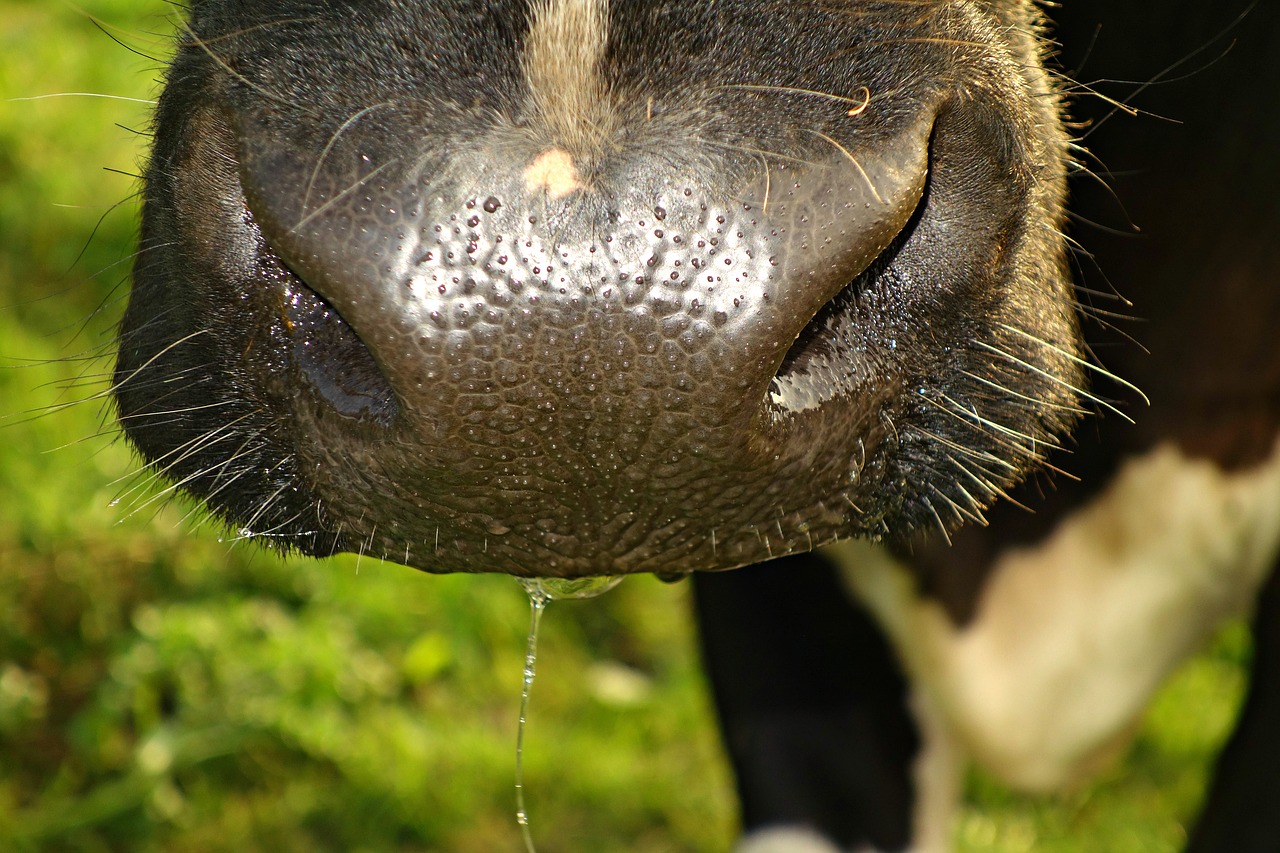I’m not sure how I came to be living in the countryside. I have always considered myself an urban person. Urban, with National Trust sub-clauses.
As a child I liked the countryside depicted in books: The Famous Five, Swallows and Amazons, The Wind in the Willows that sort of thing. Earnest children and reckless toads charging around the place eating ham and making beds from bracken.
Or in TV. I liked to think that the rural landscape of the UK was chock-a-block with dark haired, curvy, Catherine Zeta Jones-style Mariettes.
Growing up in Greater London, there was a danger that the closest I’d get to the countryside was the lid of a tub of Clover margarine.
We lived in Romford for the first decade of my childhood. Things don’t get much more urban than that.
Where others had trees and tinkling brooks, we had precincts and a concrete fountain belching the recycled waters of East London.
While our country cousins breathed fresh air, we inhaled the toxic fumes of the A12.
And then we moved. To the outskirts of Brentwood.
We had, my parents informed us, relocated to the Green Belt – a much sought-after zone which signified privilege.
For my mum and dad, who’d both grown up in the post-war wreckage of the East End, this must indeed have felt like a bucolic idyll.
My dad would describe our new home as ‘semi-rural’. What this meant in practice was that along our road was the back entrance to a country park, an industrial nursery supplying lettuces to Tesco and a battery chicken unit.
For my brother and me though, life was perfect. This was exactly enough countryside.
Plenty of woodland to play in (and later to enjoy a crafty cigarette) but close enough to the town that we could walk, if we were planning on spending our bus fare on cigarettes.
Ok, so we never made beds of bracken and heather, and we didn’t bust out the ginger beer on picnic rugs but we did shoot rats with a shotgun at the chicken farm. Where Julian, Dick and Anne, George and Timmy the dog did ‘pop’, we’d mastered ‘bang!’
And we may not have built shelters in the country park, but we certainly stumbled across some improvised dens, often carpeted with pornographic magazines and the odd stocking. Oh yes, this semi-rural life was an education.
We had the balance right. Green spaces and mains sewerage! A tennis club and a chip shop! Hell, we even had street lights!
Decades down the line and I can tell you semi-rural and proper rural are very different things.
I have been living in Dorset for twenty-five years. And not the sophisticated bit, close to the sea. No, the deepest, darkest bit. The bit that really belongs to food production. The wild bit.
When I tried to imagine what life would be like as a grown up, I never envisaged living in a property with a septic tank.
I couldn’t have foreseen the close shaves I’d have with the milk tankers, driven at lunatic speeds around winding, country lanes.
I had no idea that I’d spend so much time repairing heels scratched and dirtied from walking across my own mud and gravel driveway.
Or that I’d have to apologise to my smart, city friends for the pungent smells emanating from my neighbours. Who are cows.
Or that I’d be awoken by the sounds of those same cows in labour.
I would never have bet that I’d live so far from London. Or from a theatre, cinema or supermarket.
That I would feel quite often dislocated from civilisation.
But I didn’t know either how much I’d come to love the soft, feminine, undulating landscape of the county.
That I’d relish pulling on my wellies to amble around it.
That I’d get a thrill from watching buzzards gliding on thermals, herons landing on the river or deer bathing in the sunshine.
And that the perfect darkness of my Dorset sky would provide so many bright stars to wish upon.
In Executive Youth I find I’m rural with urban sub-clauses.


